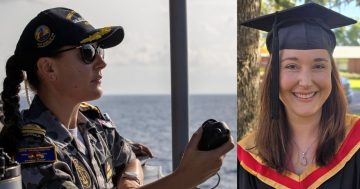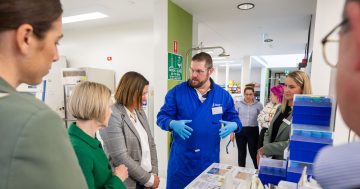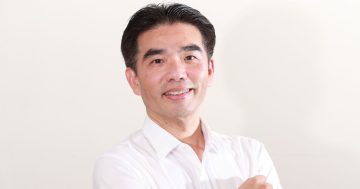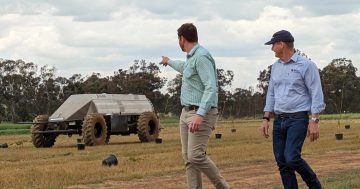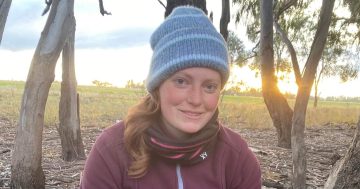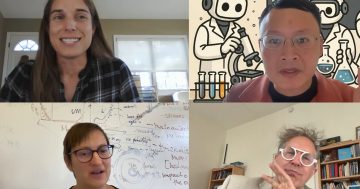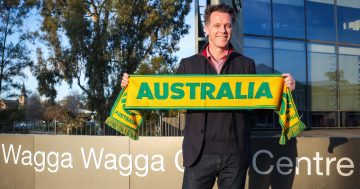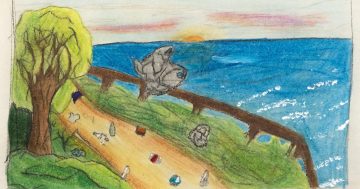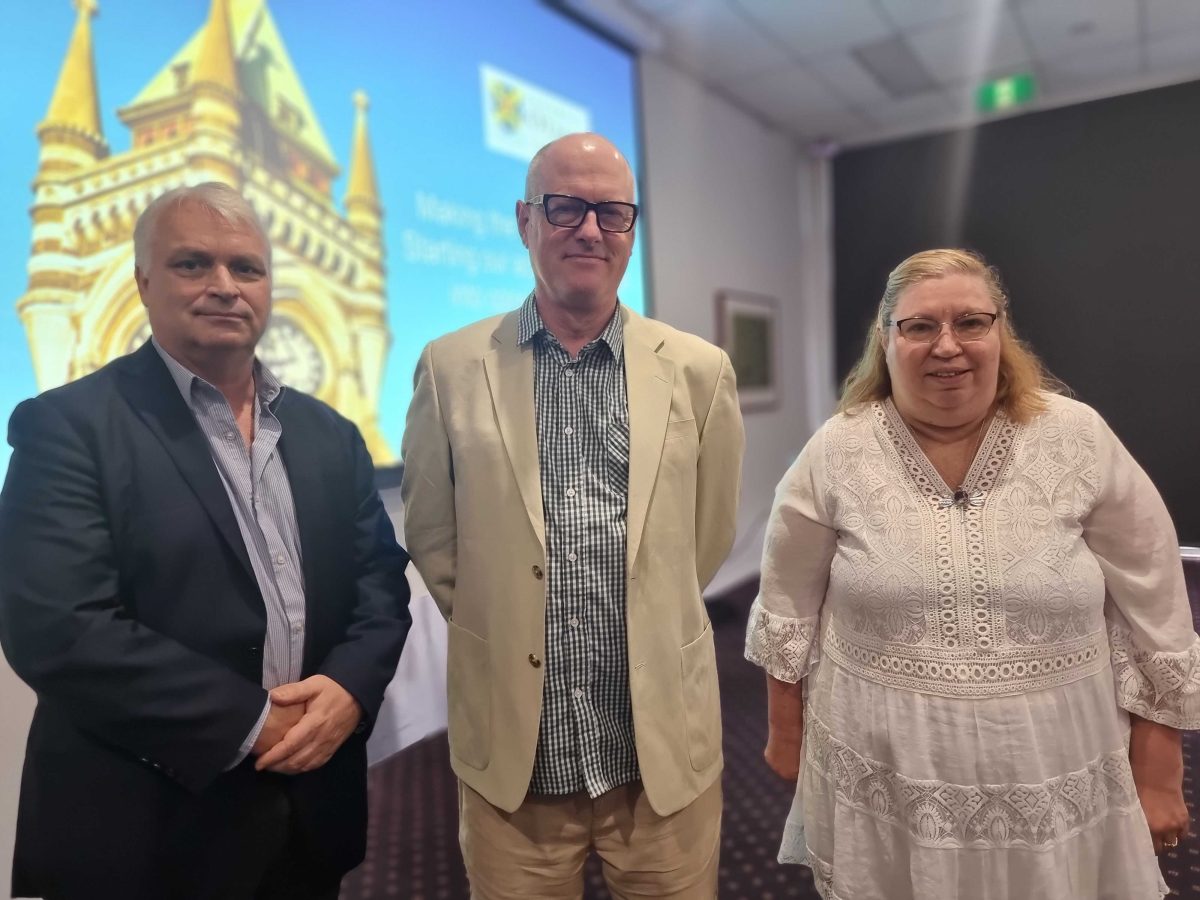
Charles Sturt University Deputy Vice-Chancellor Professor Mark Evans, University of Otago (New Zealand) Professor Hugh Campbell and CSU Indigenous Australian Studies Professor Susan Green at the sixth First Nations Research Summit. Photo: Shri Gayathirie Rajen.
A First Nations summit was held at Charles Sturt University (CSU) on 9-10 November to help provide the institution with meaningful engagement with elders and communities to create culturally safe research.
The sixth First Nations Research Summit, ‘Placing Research: Working with Country’, focused on the university’s research areas of health, cybersecurity and agriculture.
CSU Indigenous Australian Studies Professor Susan Green said the focus of the summit was about working on Country.
“It’s about getting people to focus on their research and think about what it means to work with Country. As a Wiradjuri person, Country is who I am … anything we do, including our work and our research, cannot be separated from Country and the impact we have.
“Research should also be used for looking after the country and caring for Country. With climate change and extreme weather events at this point, we need to start addressing what we’ve done to create the situation we’re in and understand fully how this has come about and how we fix the problem.
“The wellbeing of people cannot be separated from the wellbeing of Country. We’re the same and interdependent. People have made Country sick … we’ve also made ourselves sick.”
Keynote speaker Professor Hugh Campbell from the University of Otago (New Zealand) spoke about his family history and relationship to farming and colonisation in Aotearoa, New Zealand.
“One of the things that unites Australia and New Zealand academically and politically is that we’re both colonised nations.
“Both the farming worlds of Australia and New Zealand we’re built on top of the process of colonisation.
“It is often seen as a major barrier or impediment to engaging with colonisation and Indigenous dynamics if you’re not Indigenous yourself.
“What we’ve been learning in New Zealand and strongly encouraged by our Maori research partners and guides is that for non-Maori scholars, there are really productive, interesting and incredibly hopeful ways to engage in scholarship and intercolonial spaces.”
Prof Campbell was the first CSU student to gain a PhD (1995).
“It’s special to come back here after all this time,” he said. I was pleased to get the invitation to be able to accept to come back here.
“I was curious because 30 years ago, this was not where Charles Sturt University was and this was an unthinkable thing.
“And so I was interested in coming back and seeing the kind of journey that people have been on here, bringing back some of my own experiences in New Zealand, and thinking about how Australia and New Zealand can collaborate more on these things.”
The first summit was held in 2015 and is part of Charles Sturt’s overall strategy to include First Nations as a core part of the university’s narrative and regional strength.
First Nations Senior Lecturer Dr Holly Randell-Moon said First Nations Research Summits had been convened to foster professional development for Charles Sturt University researchers to engage in culturally safe research.
“By working in partnership with First Nations communities to benefit those and other communities, research is conducted by both First Nations and non-Indigenous staff with an underlying respect towards different knowledge sources, ways of doing and ways of being,” she said.
The summit featured interactive workshops on working with Country and First Nations data and an exercise on what the future of regions might look like with enhanced First Nations governance.







